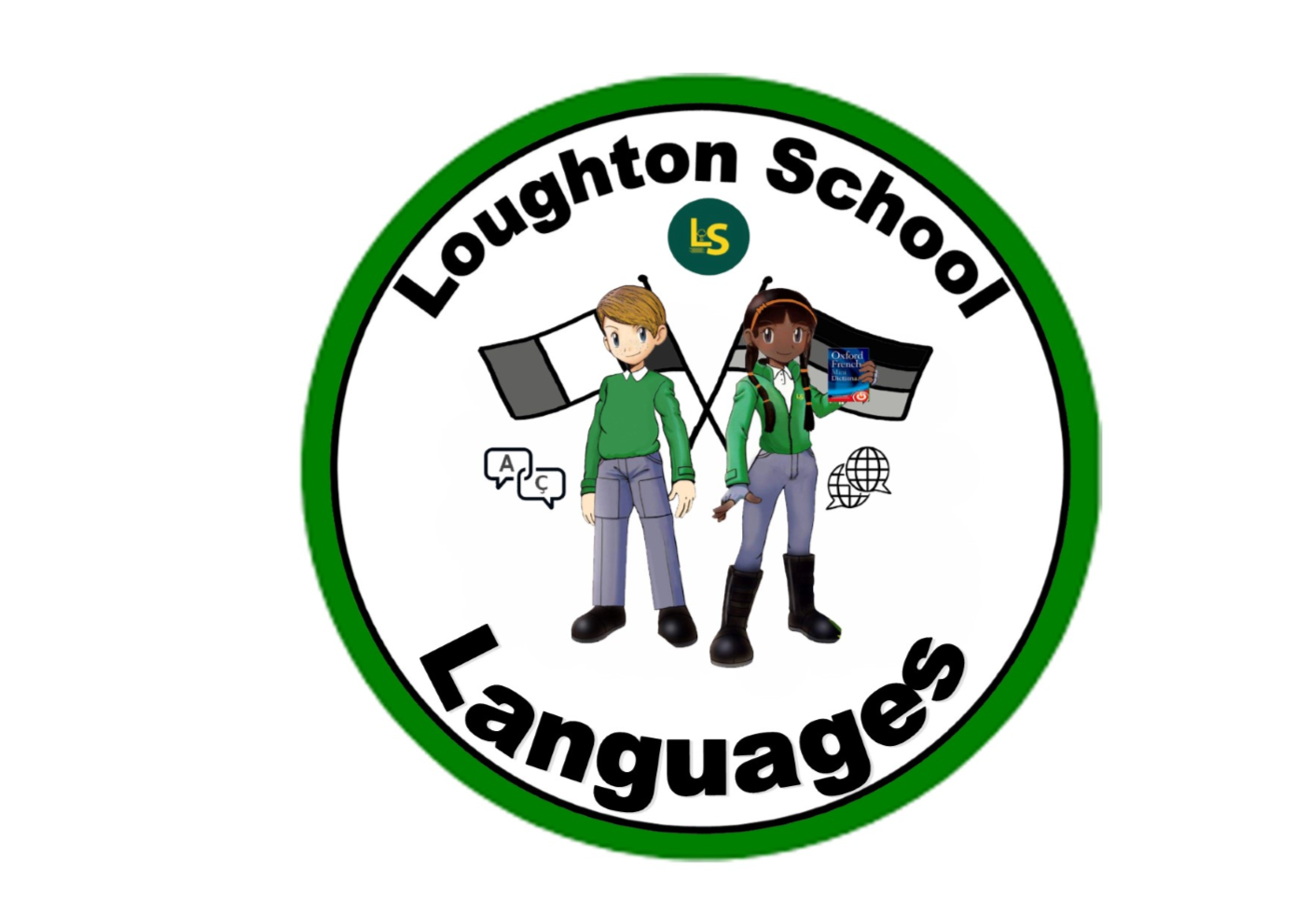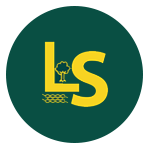Languages

At Loughton School, French and German are taught on a two-year rolling carousel. Whether it is French or German that the children learn, they will continue with the same language from Year 3 to Year 6. In addition to French and German, we provide the children with a couple of one-off 'taster' sessions in other languages from each of the continents, as well as a half term of Latin to incorporate the world of Ancient or classical languages. This will allow the children to have develop a better intercultural understanding of and the importance of non-European Languages in relation to the modern world. We also offer various languages as after school clubs including Spanish and Italian.
We also places lessons aside to allow our children to share their home languages and culture with their peers. We greatly encourage this as it makes our children feel like their culture and language are valued in our wider school community: A multi-cultural and multi-ethnic community.
Our vision at Loughton School for languages is that our children are exposed to language learning strategies that will inspire them to harness a love of learning languages and build a deeper understanding of other cultures from around the world. Our main focus is to foster their curiosity about the wider world, become confident linguists and be better global citizens through languages. This will provide them with a better chance of grasping and developing their language learning skills when they go to their chosen secondary school.
By conducting the majority of lessons in the target language, whether that be French or German, everyday requests within the classroom become second nature and the children become more confident and independent with hearing and speaking a foreign language. Throughout their weekly lessons, the children are encouraged to develop their language ability through role-play, songs, verbal retrieval games, short and simple translations (both written and spoken) and investigation-based activities. This permits an environment for creativity, as we always encourage the children to use dictionaries, as well as writing frames and scaffolds, with what they have learnt in class to make their work their own. All new knowledge (vocabulary and grammar) is logged in the children’s’ languages books, which they keep from year three to six – a personal dictionary. An emphasis is also made on explanation, it is expected that the children are able to explain their answers and place their ideas in the context of the language or culture we are studying. By the time they leave Loughton School, the children should be able to identify and use a variety of vocabulary and understand some basic grammar points in the language they have studied.
All this creates an appreciation for languages; their importance and the cultures that they are attached to. The ‘have a go’ attitude and the active encouragement of asking questions in the target language promotes independence and resilience within our children – to not be scared to just speak and you will be understood. We can construct within our children a greater understanding of how people around the world communicate, to not rely simply on English and to help appreciate and be respectful of different cultures from around the world – not just in Europe. The language lessons at Loughton School and curriculum help provide our children with the basic building blocks to want to continue learning languages into secondary school and hopefully for the rest of their lives. At the very least, it will harness an interest or ask the question to themselves “I wonder what they’re saying?”
The national curriculum for languages aims to ensure that all pupils:
- understand and respond to spoken and written language from a variety of authentic sources
- speak with increasing confidence, fluency and spontaneity, finding ways of communicating what they want to say, including through discussion and asking questions, and continually improving the accuracy of their pronunciation and intonation
- can write at varying length, for different purposes and audiences, using the variety of grammatical structures that they have learnt
- discover and develop an appreciation of a range of writing in the language studied
